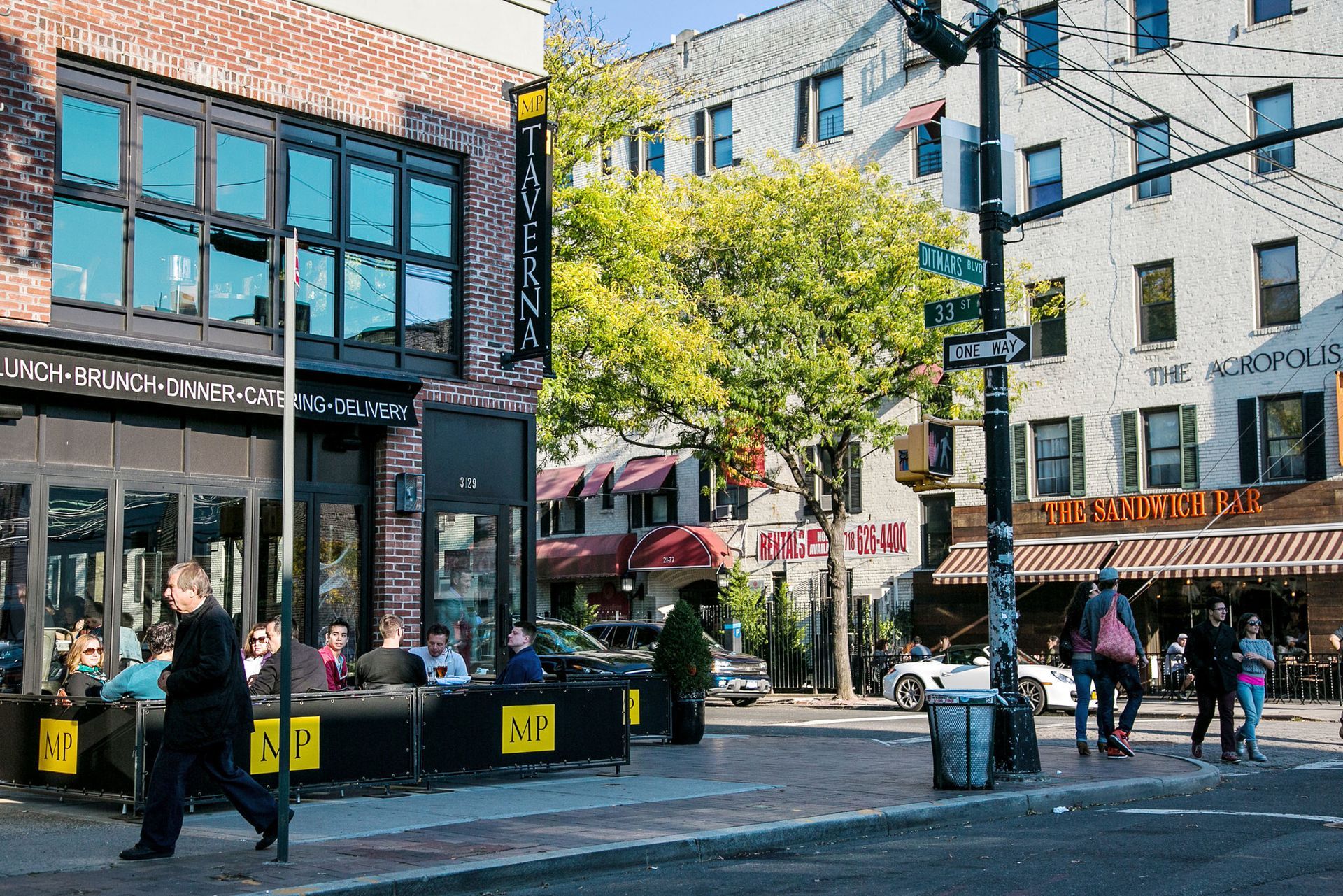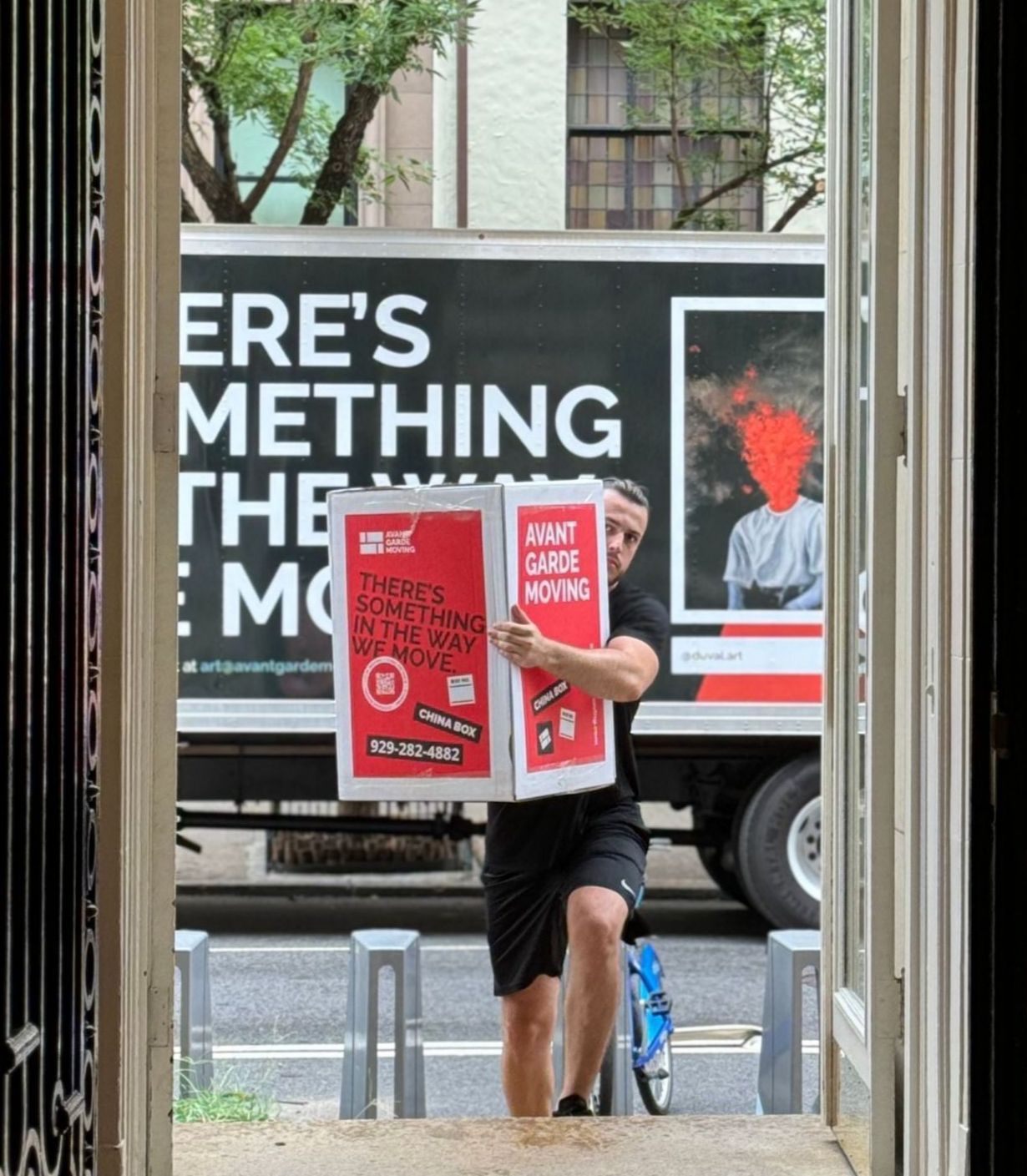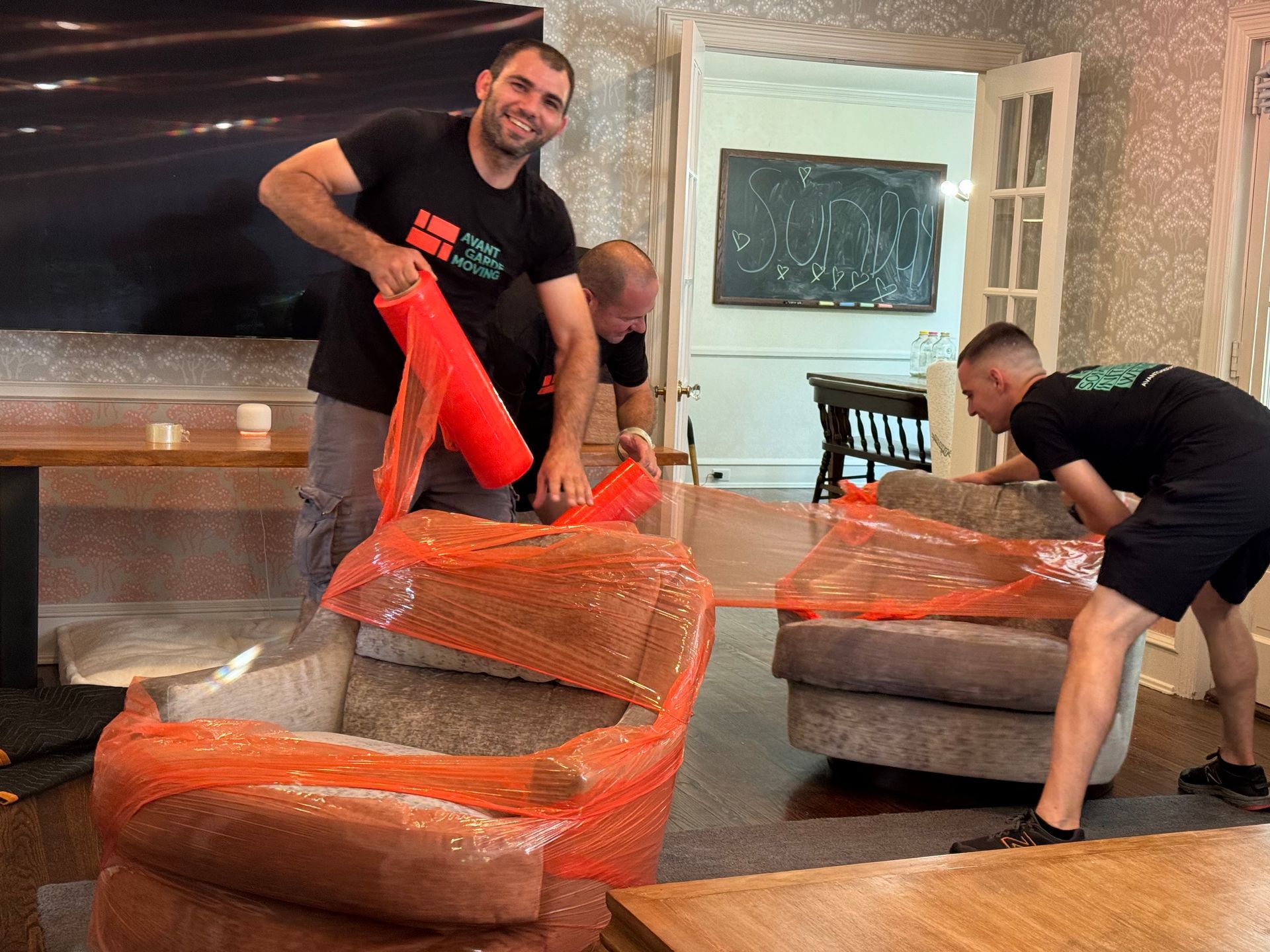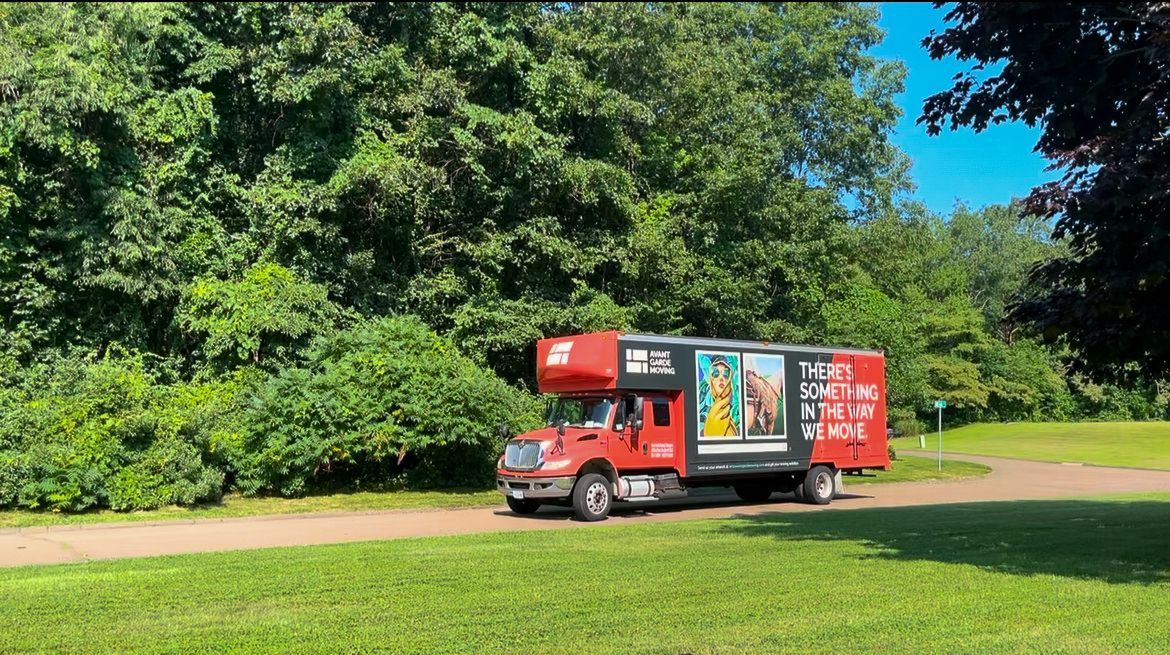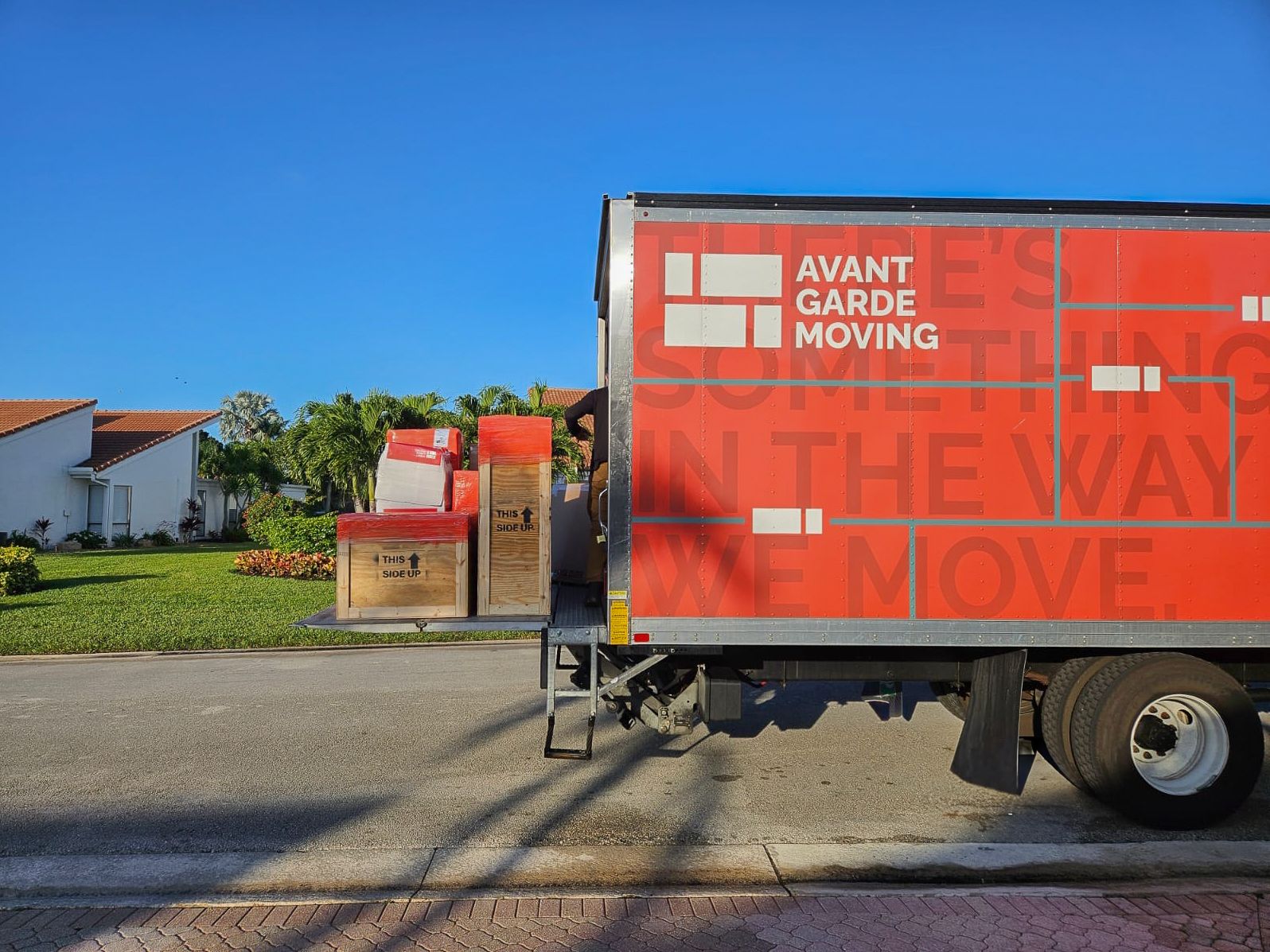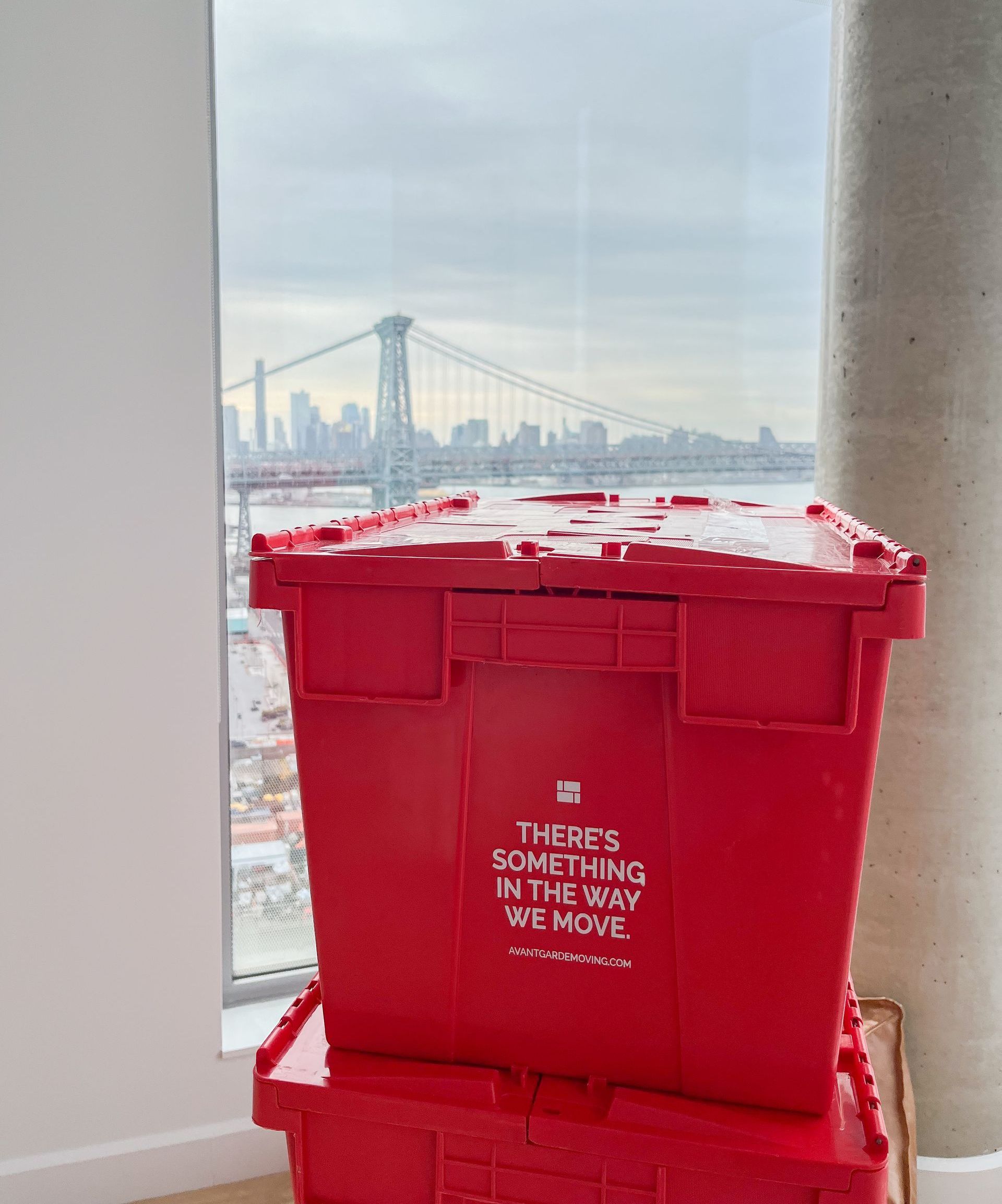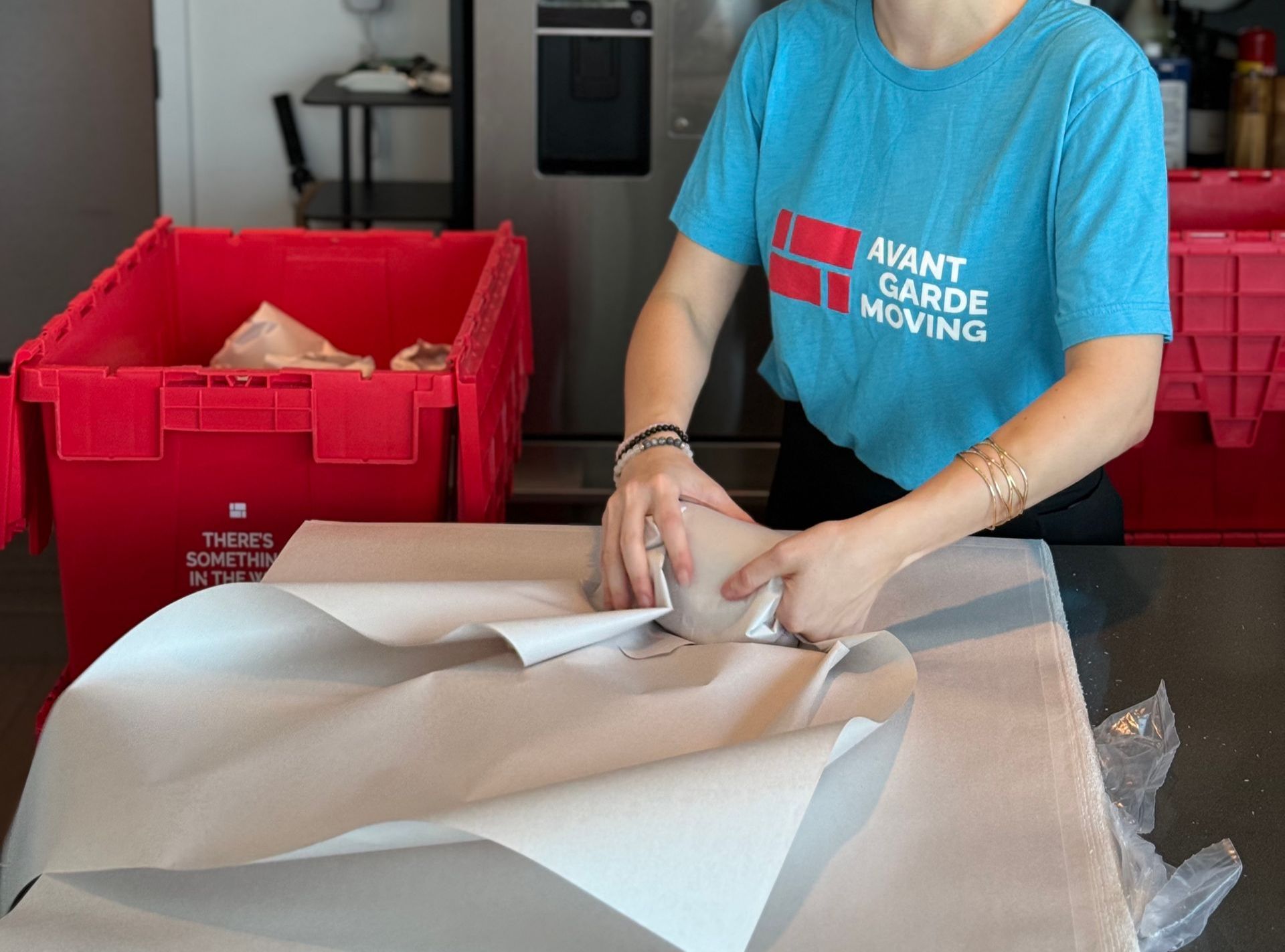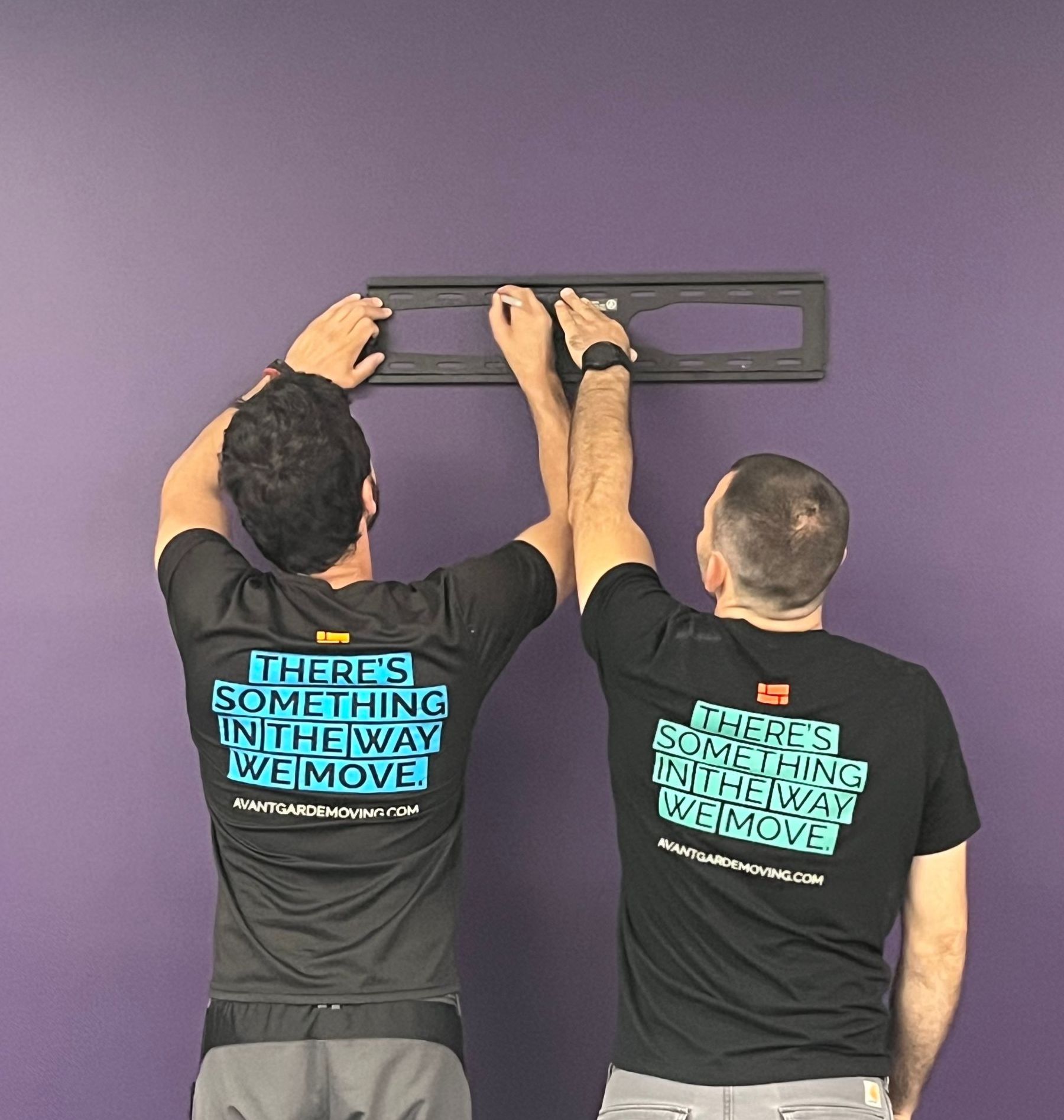Residential Moving Mistakes: What Experienced Homeowners Wish They Knew Before Hiring Movers
Moving sucks. There's no way around it. But what makes it worse is when you think you're being smart about it, only to get hit with surprise costs, damaged stuff, or straight-up scammed. After talking to dozens of people who've been through moving nightmares and working with moving industry folks, here's what keeps coming up as the biggest mistakes people make.
Going With the Cheapest Quote (Spoiler: It's Never Actually Cheapest)
Look, I get it. Moving is expensive, and when you see a quote that's $800 less than everyone else, it's tempting. But here's the thing - legitimate moving companies all have pretty similar costs. They pay their workers, buy insurance, maintain trucks, and follow regulations. When someone's quote is way lower, there's usually a catch.
What actually happens is you get hit with a bunch of "unexpected" fees on moving day. Suddenly there's a "long carry" fee because your truck can't park right at your door. Or they discover you have more stuff than they thought (even though you gave them a detailed list). Or they need to charge extra for bubble wrap they didn't mention before.
The Federal Motor Carrier Safety Administration has rules about estimates, but most people don't understand them. A binding estimate means you pay exactly what's quoted, but only if your inventory is accurate. A non-binding estimate is basically a guess that can change. The best option is usually a "binding not-to-exceed" estimate, which caps your costs but can go down if you have less stuff.
Real talk: People who went with the cheapest quotes ended up paying more than market rate about 70% of the time, plus dealing with way more stress and problems.
Skipping the Boring Paperwork (Until It's Too Late)
Nobody likes paperwork, but with moving, it's what protects you when things go wrong. And things do go wrong.
Every legitimate moving company has a DOT number for interstate moves. You can look this up online to make sure they're registered and insured. Sounds boring, but it takes like 2 minutes and can save you from hiring a company that'll hold your stuff hostage until you pay extra fees.
The big red flag is when companies can't provide proper insurance certificates or their paperwork looks sketchy. Fake moving companies are surprisingly common, and they're really good at looking legitimate until your stuff disappears.
Get everything in writing. The pickup date, delivery window, what services are included, and what you're actually paying for. If they're being vague about details or pushing you to sign quickly, that's a problem.
Lying to Yourself About How Much Stuff You Have
This one's huge. Almost everyone underestimates their belongings by about 20%. You walk through your house thinking "Oh, this won't be that much," but then moving day comes and suddenly you have three times more boxes than expected.
This isn't just about embarrassment. When you underestimate your stuff, the moving truck might not be big enough, the crew might not have enough time, and your costs can skyrocket. Plus, if movers have to make multiple trips or bring a bigger truck, you're looking at serious extra charges.
The solution is to actually go through every room, including your garage, basement, attic, and all those closets you never open. Take photos if you're doing a virtual estimate. And be honest about the weird stuff like your exercise equipment, power tools, or that collection of vintage whatever you've been hoarding.
Professional movers have seen it all, so don't try to hide anything. If you have a piano, hot tub, or 500 books, mention it upfront. It's way better to overestimate and have the move go smoothly than to underestimate and deal with chaos.
Thinking You're Covered When You're Really Not
Here's something that blows people's minds: the basic insurance that comes with your move covers about 60 cents per pound. So if they break your 40-pound TV, you get $24. For a TV that cost $800.
Most people assume they have real coverage until they try to file a claim. Then they discover that their $2,000 laptop is worth about $4 in compensation because it weighs nothing.
Full coverage insurance exists, but it costs extra and has specific rules. Sometimes you have to use their packing materials, or pack certain items professionally, or jump through other hoops. But if you have valuable stuff, it's usually worth it.
Also check your homeowner's insurance. Some policies cover your belongings during a move, but many don't. Don't assume you're protected without actually reading the fine print.
Moving During the Worst Possible Time
Summer moving is brutal. Everyone's doing it, so prices go up 30-50% and good movers get booked months ahead. You also get stuck with less experienced crews because companies are stretched thin.
If you can possibly swing it, move during the off-season. Fall and winter moves are cheaper, you get better crews, and companies have more flexibility to deal with problems. Same thing with avoiding weekends and the end of the month when everyone's lease expires.
I know this isn't always possible because of work, school, or lease timing, but even a few days of flexibility can save you hundreds of dollars and a lot of stress.
The Packing Disaster
Packing seems straightforward until you realize you're terrible at it. People either pack everything themselves to save money, then everything breaks, or they have professionals pack everything and spend a fortune.
The smart move is somewhere in the middle. Pack your clothes, books, and random household stuff yourself. But let the pros handle dishes, electronics, artwork, and anything fragile or valuable. They have better materials and actually know what they're doing.
If you do pack yourself, don't cheap out on boxes and packing materials. Those boxes from the liquor store might be free, but they're not designed for moving. And use way more padding than you think you need. Your dishes will thank you.
Not Communicating the Annoying Details
Moving companies base their estimates on assumptions about your living situation. If you live on the third floor with narrow stairs, or your building requires elevator reservations, or your street doesn't allow big trucks, they need to know that upfront.
These details can add hundreds of dollars to your final bill if they're surprises on moving day. The "long carry" fee alone can be $100+ if the truck can't park close to your door. Stairs, elevators, and tight spaces all cost extra.
Be honest about your situation during the estimate. It's better to get an accurate quote than to be shocked by extra fees later.
When You Actually Need Professional Help
Some moves are complicated enough that you need expert help planning them. If you're moving valuable art, wine collections, or antiques, or if you're dealing with international shipping, or if you need storage for months, don't try to figure it out yourself.
Professional moving consultants exist for a reason. They know regulations, insurance requirements, and how to coordinate complex logistics. The consultation fee is usually tiny compared to the cost of screwing up a complicated move.
The Bottom Line
Moving doesn't have to be a disaster, but it requires more planning than most people think. The biggest mistakes happen when people try to save money or time by cutting corners on research, documentation, or communication.
Spend the extra time upfront getting multiple quotes, verifying credentials, and understanding what you're actually paying for. Your future self will thank you when your move goes smoothly instead of turning into an expensive nightmare.
Remember, the goal isn't to find the cheapest option - it's to find reliable people who will treat your belongings with care and deliver them when they say they will. That's worth paying for.


